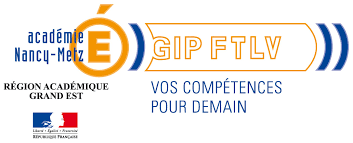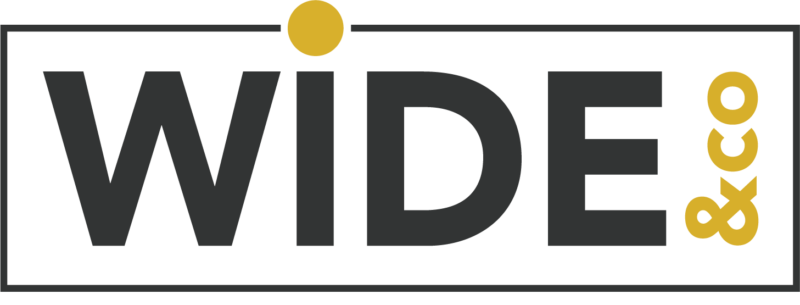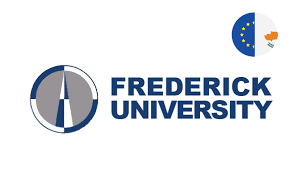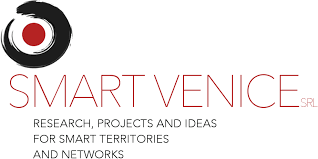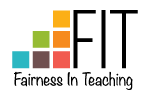

Even if it tends to change, women remain still underrepresented in STEM jobs. “Girls are not talented at science, science is for geeks and thus not for girls…”. These are some persistent gender stereotypes in science education that can explain this underrepresentation. The former Gender4STEM Erasmus+ project (No 2017-1-LU01-KA201-023926) aimed at tackling this issue and therefore, developed a hands-on training and a digital assistant platform for teachers, to provide them with concrete tools for more gender-fair teaching.
The Gender4STEM blended approach combining, hands-on training and digital assistant platform, was really appreciated and impacted from 2017 to 2020, more than 3000 actors (teachers, pupils, experts…). At the end of the project, we reached the conclusion that fairness in teaching is becoming a real competence to develop among School education and that requires to be accompanied thanks to an advanced approach. The overview of the project results has thus concluded on multiple developments that could be done to fully exploit the Gender4STEM approach potential.
Building on the Gender4STEM experiment, the Fairness In Teaching (FIT) new project aims thus at developing an advanced approach to stepping up fair teaching practices especially in STEM disciplines, given consequently equal opportunities and access to STEM among diverse range of pupils (boys and girls, less-advantaged audiences…).
We understand fairness as impartial and just treatment or behavior without favoritism or discrimination. It will target 3 target groups: – The teachers regrouping teachers and especially teachers in STEM, head of teachers and schools directors, School delegates in digital education and delegates for equality between girls and boys, but also psychologists and career advisors in primary and secondary level education – The pupils from primary and secondary level education (children and youngsters of 11-18 years old); the final beneficiary of project results. – Associated partners: teachers’ training centers, representatives of regional/national and EU authorities, STEM ambassadors etc. Promoting inclusion, diversity and fairness, the FIT project answers the “Diversity and Inclusion” priority of the Erasmus+ programme. Developing digital assets, it also contributes to support teachers in enhancing digital skills and competence development and engage them in digital transformation, thus answering the “Digital Transformation” priority of the Erasmus+ programme.
The plateform is already accessible: https://www.fairnessinteaching-project.eu/
This project bring together 5 partners from 4 countries.

